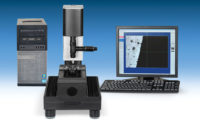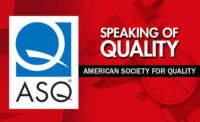MCLEAN, VA-IMTS 2012, taking place Sept. 10-15, 2012, at McCormick Place in Chicago, IL, will feature a Local Motors car, built live on the show floor, as part of the Collaborative Manufacturing section of The Emerging Technology Center (ETC).
Local Motors is the first disruptive U.S. automaker to enter the market in decades, and is built on the principle of collaborative manufacturing. The designs for its cars come from an open source design community, and the company plans to build its distribution through micro factory retailing: A national network of local units that handle manufacturing, sales, and service. They will build a Rally Fighter model at IMTS, to be decked out with a customized IMTS skin.
"Bringing a live manufacturing experience to the show floor is an exciting and dynamic event for IMTS 2012," says Peter Eelman, vice president, exhibitions and communications at The Association For Manufacturing Technology (AMT), which produces IMTS. "We feel Local Motors embodies the collaborative and innovative spirit that is crucial to furthering the manufacturing industry."
There will be two other features in the ETC: Additive Technology, and MTConnect, the open-source communications and interconnectivity standard for manufacturing equipment and devices.
Additive Technology will feature the latest advances in this manufacturing concept. These technologies actually compress time in that they dramatically reduce the time between design and production and eliminate certain processes associated with traditional machining, such as tooling. Additive manufacturing truly makes things possible in manufacturing that were not possible before. In addition, 3-D printing, a type of additive manufacturing, allows for desktop manufacturing, bringing production to places it previously couldn't be done, such as homes and classrooms.
Finally, MTConnect will return to the ETC in 2012. First introduced at IMTS 2008, this interconnectivity and communications standard has been gaining more widespread use throughout the industry and has been called the "Rosetta Stone" of manufacturing, because it allows equipment and devices to speak a common language.
Get our new eMagazine delivered to your inbox every month.
Stay in the know with Quality’s comprehensive coverage of the manufacturing and metrology industries.
SIGN UP TODAY!Copyright ©2024. All Rights Reserved BNP Media.
Design, CMS, Hosting & Web Development :: ePublishing


